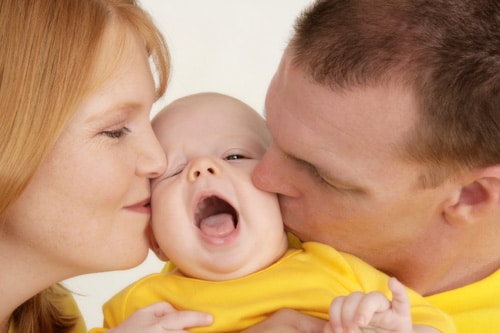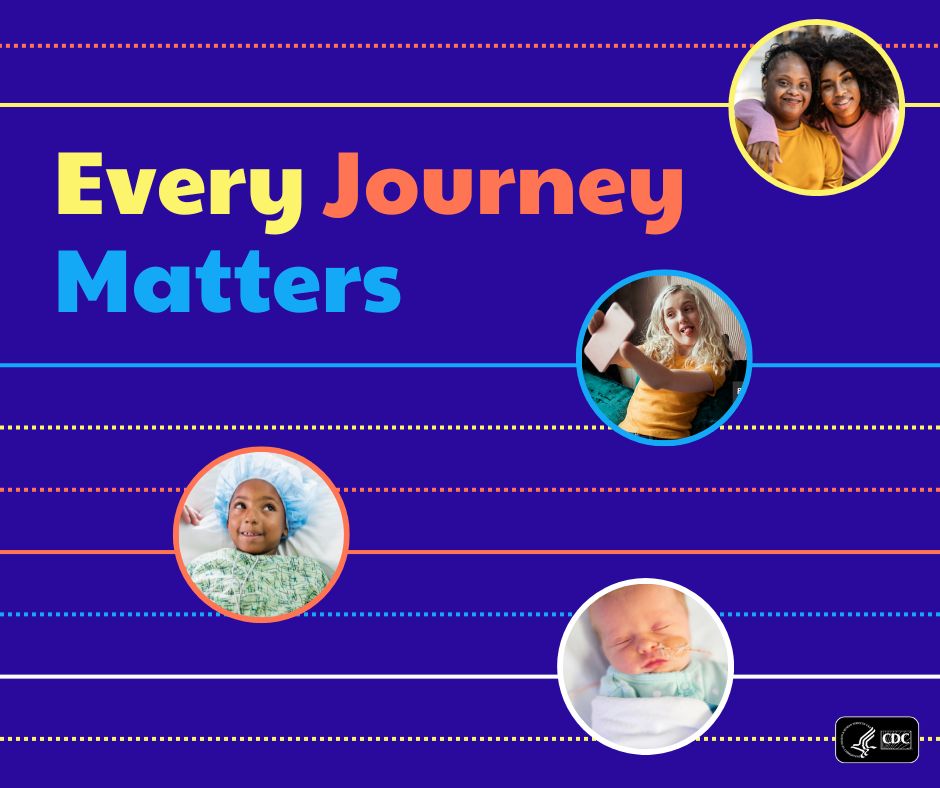Finding Support for Families Living with Birth Defects

Having a child with a birth defect can affect the entire family. It might be helpful to talk with families or other people who are affected by the same type of birth defect as you or your family member. Other people might have learned how to address some concerns and questions you have. Often, they can give you advice about good resources and share what worked best for them. Talking with other people may also provide emotional support and hope for the future.
Remember that the choices of one family might not be best for another family, so it’s important to understand all options and discuss them with a health care provider.
There are many ways to connect with other people, including in person, on the Internet or by telephone. The following sources can help you get started:
Health Care Providers
The person’s health care provider is one of the most reliable sources for contact information about support groups. The health care provider could be a primary care physician, genetic counselor, neurologist, neurosurgeon, orthopedist, developmental pediatrician, or a physical or occupational therapist. Hospitals in your area might also sponsor support groups.
National and Community Organizations
A national organization that focuses on the specific birth defect, such as Spina Bifida Association, might exist. Most national organizations have state or local branches, such as Spina Bifida Association of Georgia. State or local area March of Dimes offices could also be helpful. United Way offices may be able to point out resources. Look in the phone book or on the Internet for phone numbers and addresses.
The following organizations have information about support groups
The Arc
The Arc website provides information to help children and families with Autism, Down syndrome, Fetal Alcohol Syndrome, and many other intellectual and developmental disabilities. The Arc is an advocate for individuals with intellectual and developmental disabilities, providing support and services for affected children and families.
The Compassionate Friends
The Compassionate Friends website offers help to families in dealing with grief following the death of a child of any age.
Family Voices
Family Voices is an organization promoting quality health care for all children and youth, particularly those with special health care needs.
The Father’s Network
The Fathers Network provides information and resources to help families raising children with special health care needs and developmental disabilities.
March of Dimes
MOD works to assure that babies are born healthy. Through research, outreach, education, and advocacy, MOD addresses issues such as prematurity, low birth weight, and birth defects.
